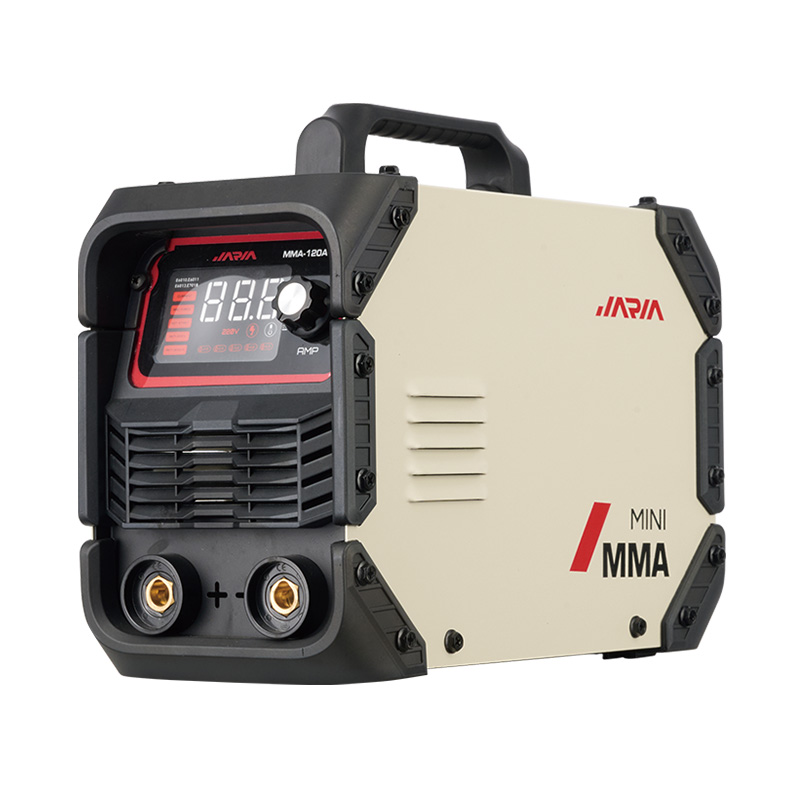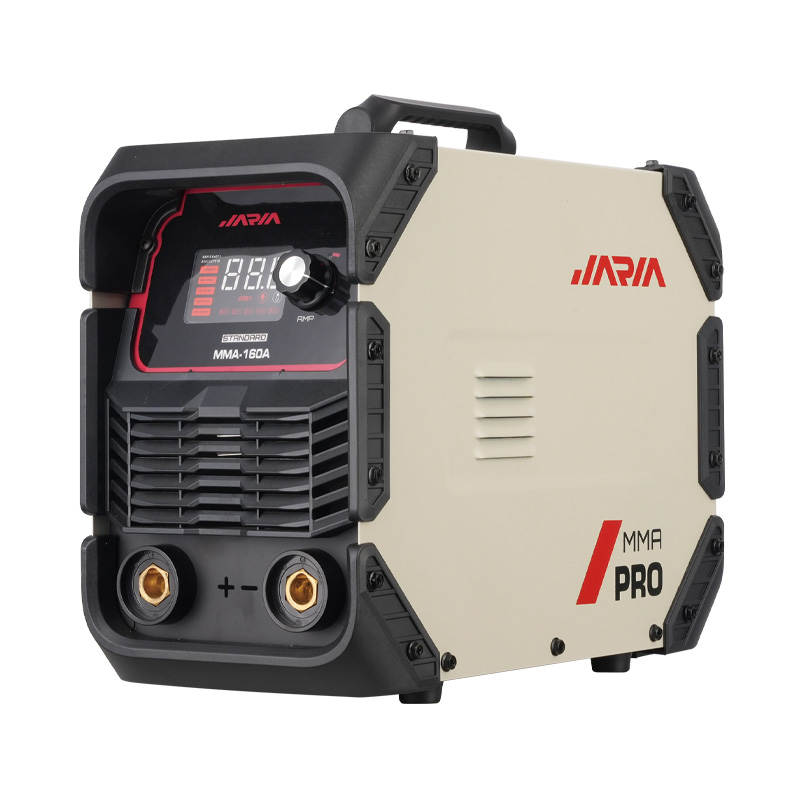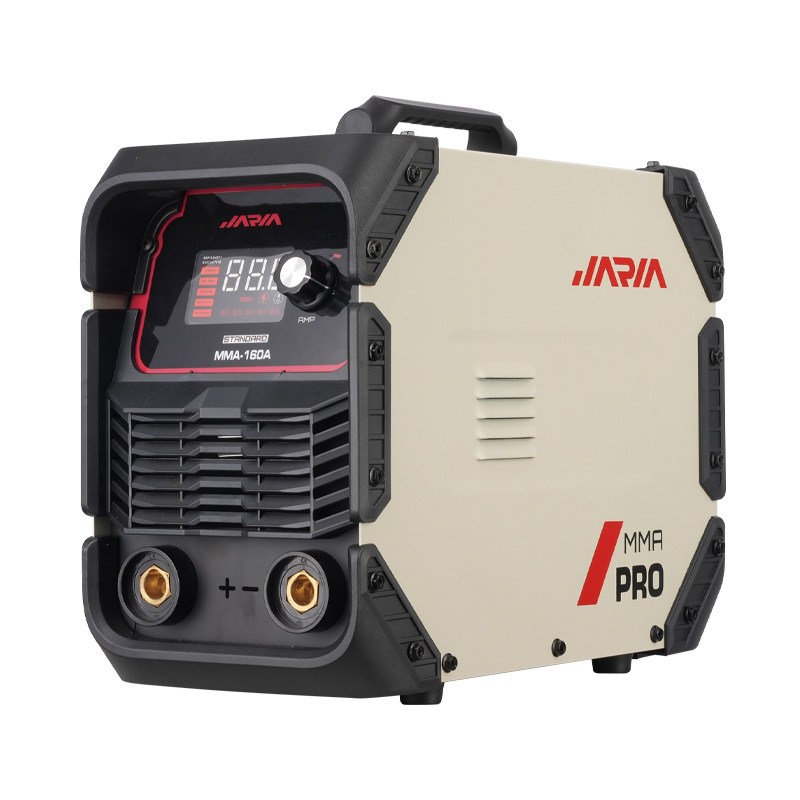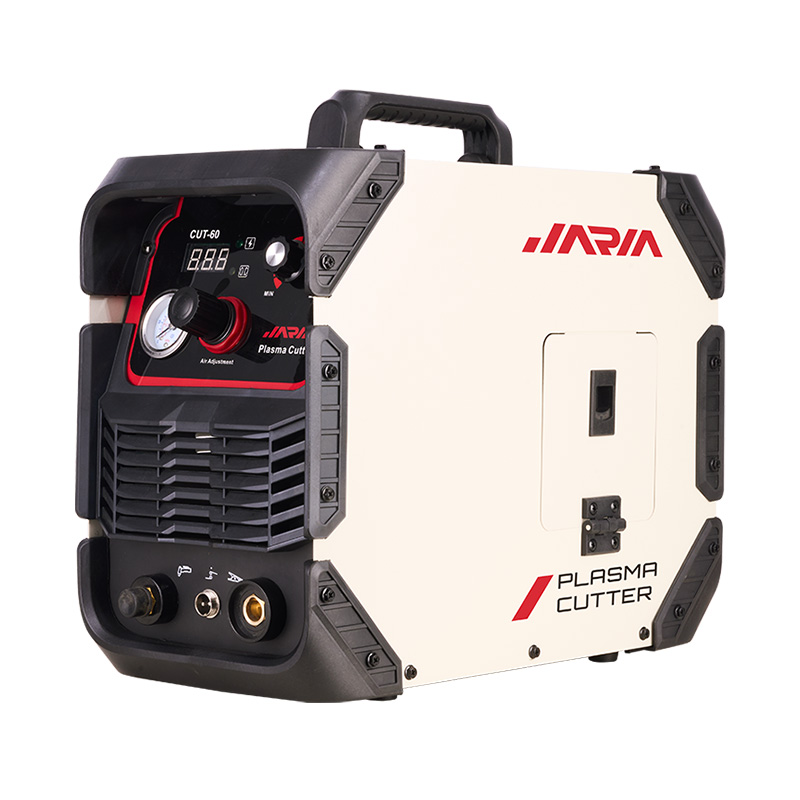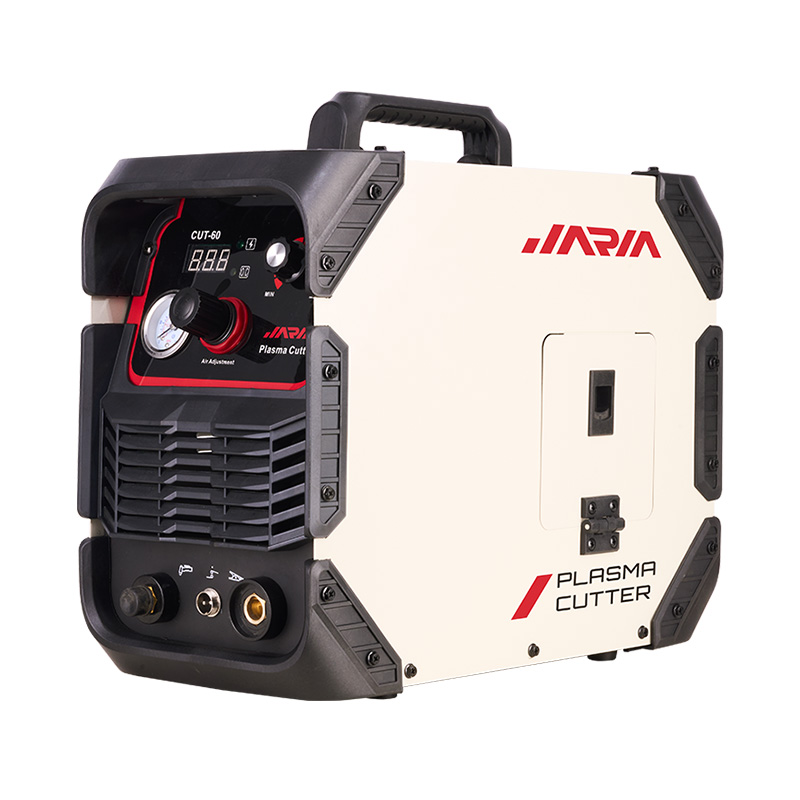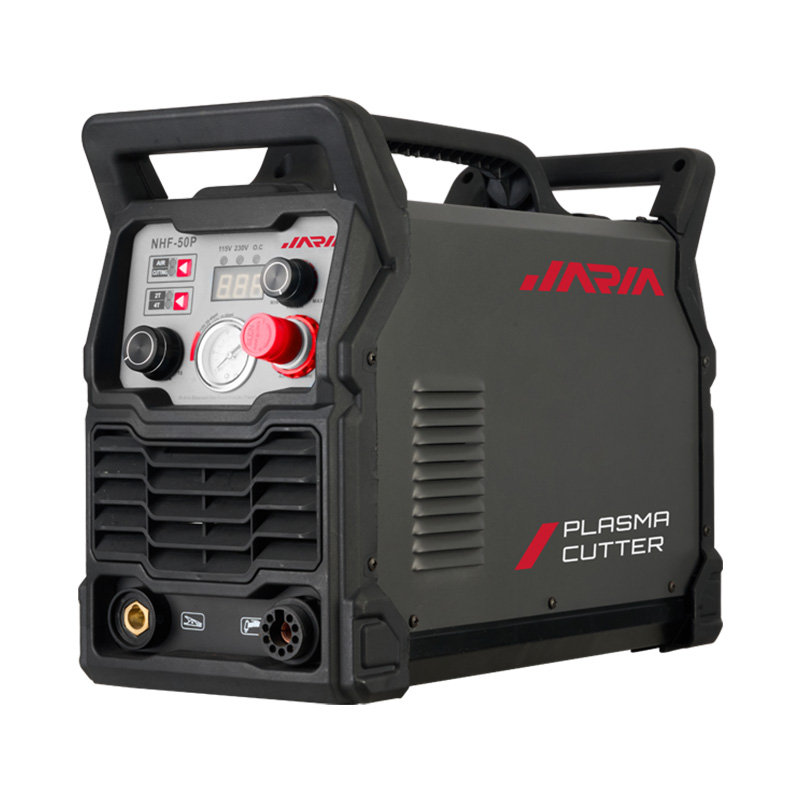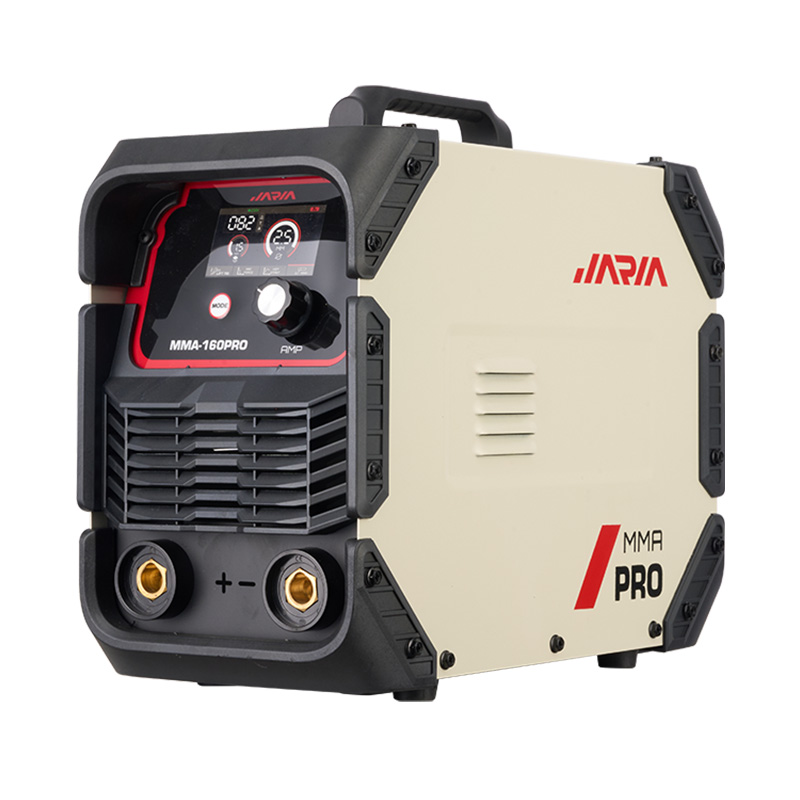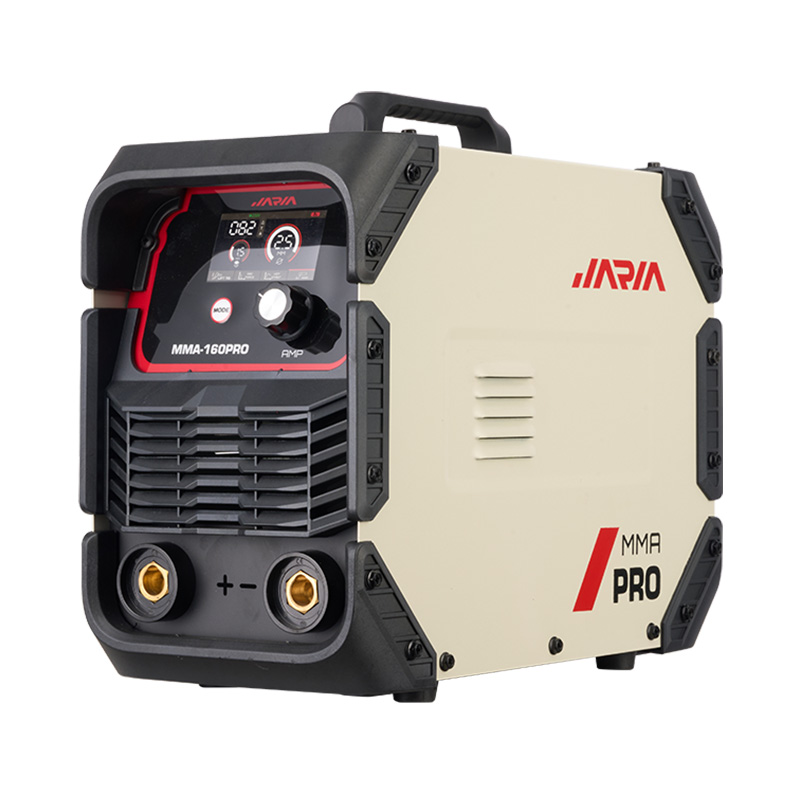Is the Inverter Welder Revolutionizing the Welding Industry? In recent years, the welding industry has witnessed a remarkable shift with the introduction and widespread adoption of inverter welders. But what exactly makes these machines stand out? How are they reshaping traditional welding practices? Let's delve into this transformative technology from various perspectives.
Innovative Technology Driving Efficiency
At the heart of the welding revolution lies the inverter welder, a cutting-edge device that converts AC power to DC power and then modifies it to a higher frequency. This innovative technology allows for precise control over welding parameters such as voltage, current, and waveform. Unlike conventional welding machines, which rely on transformers and rectifiers, inverter welders are smaller, lighter, and more energy-efficient.
The proliferation of inverter welders has ushered in a new era of efficiency in the welding industry. Their advanced electronics enable smoother and more stable arcs, resulting in higher-quality welds with reduced spatter and distortion. Moreover, their portability and versatility make them ideal for a wide range of applications, from automotive repair to construction projects.
Empowering Welders with Flexibility
One of the significant advantages of inverter welders is their versatility. With adjustable settings and precise control, welders can tailor their welding parameters to suit different materials and thicknesses. This flexibility not only enhances the quality of welds but also allows for greater creativity and innovation in welding techniques.
Furthermore, inverter welders support a variety of welding processes, including TIG (Tungsten Inert Gas), MIG (Metal Inert Gas), and Stick welding. This versatility enables welders to tackle diverse projects without the need for multiple machines, streamlining workflow and increasing productivity.
Driving Sustainability Through Energy Efficiency
In addition to their performance benefits, inverter welders contribute to environmental sustainability through energy efficiency. By converting AC power to DC power more efficiently than traditional welding machines, they consume less electricity and produce fewer carbon emissions. This not only reduces operating costs for welders but also minimizes their carbon footprint, aligning with global efforts to combat climate change.
Moreover, the compact size and lightweight design of inverter welders translate to reduced material usage in manufacturing and transportation, further lowering their environmental impact. As sustainability becomes an increasingly important consideration across industries, the adoption of energy-efficient technologies like inverter welders will play a crucial role in driving progress towards a greener future.
Overcoming Challenges and Expanding Access
Despite their numerous benefits, inverter welders are not without challenges. The initial cost of investment can be higher compared to traditional welding machines, posing a barrier to entry for some welders, particularly those in developing countries or small-scale operations. Additionally, the complexity of inverter technology may require additional training for welders to fully harness its capabilities.
However, efforts are underway to address these challenges and expand access to inverter welders globally. Manufacturers are developing more affordable models without compromising on performance, making this technology accessible to a wider range of users. Moreover, training programs and educational resources are being developed to equip welders with the skills and knowledge needed to leverage inverter welders effectively.
The Future of Welding: A Paradigm Shift
In conclusion, the rise of inverter welders represents a paradigm shift in the welding industry. From their innovative technology and enhanced efficiency to their versatility and sustainability benefits, these machines are reshaping traditional welding practices and empowering welders with better capabilities. As manufacturers continue to innovate and improve upon this technology, the future of welding looks brighter than ever before. Are inverter welders the future of welding? The answer seems to be a resounding yes.

 英语
英语 西班牙语
西班牙语 阿拉伯语
阿拉伯语